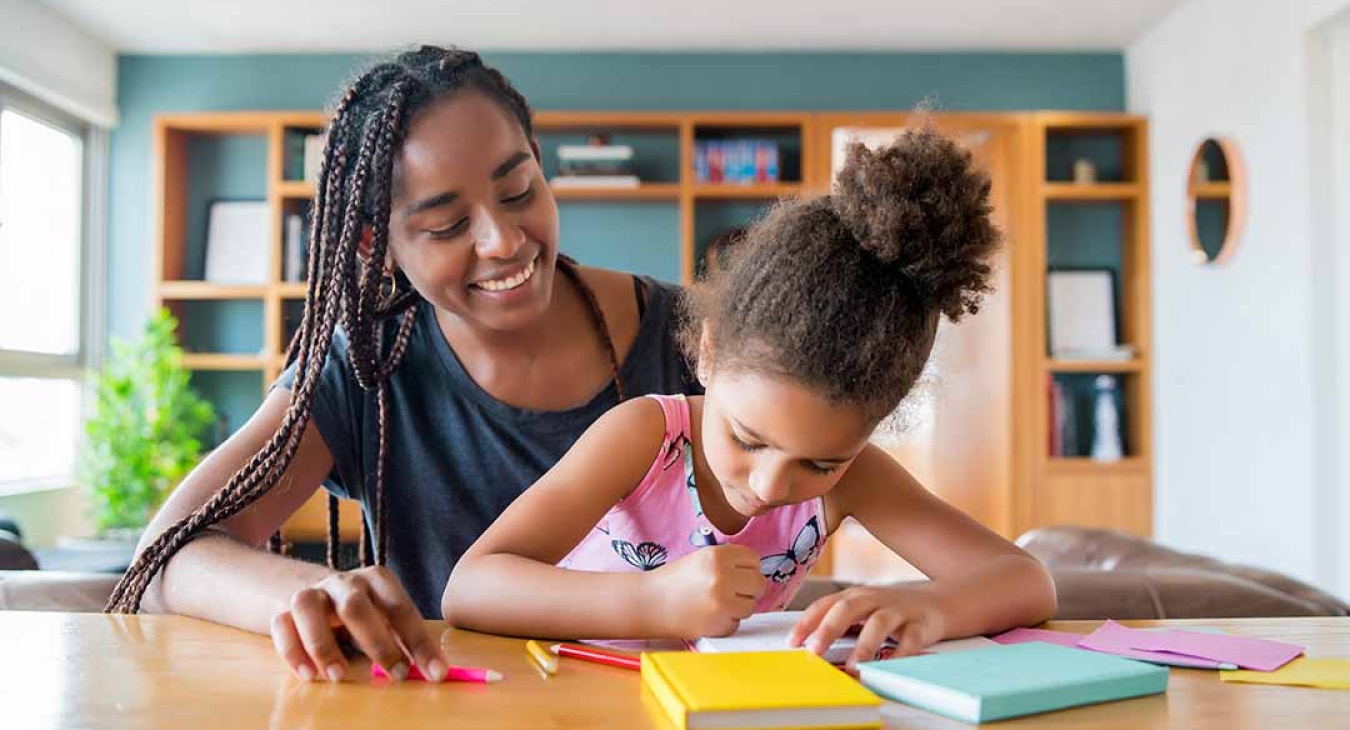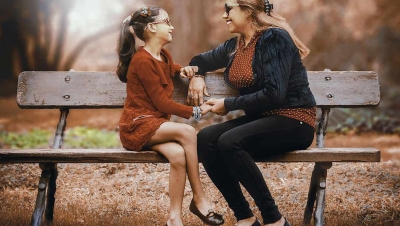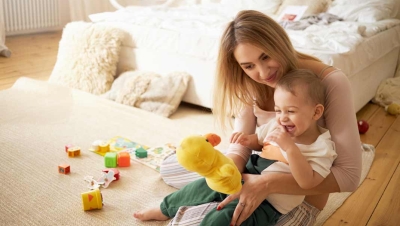How to Teach Kids About Responsibility From a Young Age
As your kids grow up, they will encounter more and more situations that require a strong sense of responsibility. Whether it be taking on chores at home, keeping track of their homework, or practicing healthy habits, you’ll want to teach your children how to manage all of these responsibilities.
You have the power to ingrain accountable life skills and attitudes into your children, and starting to teach them these habits from a young age will set them up for success.
Try these five methods to foster the characteristic and watch your kids grow into responsible young adults.
-
Model Responsibility
One of the most crucial ways to teach responsibility is by modeling it in your life. Your kids will understand the nuances of accountability when they see your example in action. Consider showing responsibility in action by keeping your promises to your kids. If you can no longer hold a commitment to one of your children, ensure you let them know and explain why. Responsibility is also about owning your mistakes.
As you model your responsible behavior, be sure to clue your kids in on your decision-making process:
“That car has a flat tire. Let’s see if the driver needs help changing to their spare.”
“We found this wallet on the ground. Let’s try to find a police officer to give it to.”
The more responsible decision-making examples you can provide for your children, the more likely they’ll develop into socially responsible young adults.
-
Empower Your Children
Empowering your kids encourages them to enable others through their positive words and deeds. Children who have the confidence to make a difference in their communities can improve others' lives in tangible ways.
Begin empowering your kids at a young age by giving them easy choices about what they’ll eat or wear. When you talk, guarantee you give them your entire focus. This will foster your children’s trust and make them feel they can come to you about any topic.
Allow your children to take risks during playtime. Risk-taking behavior — such as scaling a tree or crossing the monkey bars — boosts your child's self-confidence.
-
Make a Schedule
A fantastic way to ensure your children learn responsibility is to teach them how to make and use a schedule. Kids benefit from structure and routine — a written plan to understand their daily activities will help them stay on task.
Keep the schedule simple on lined paper, listing the hours of the day. Help your children fill in basic tasks for each morning and evening, such as waking up, putting away retainers, brushing teeth and more.
Ask what extracurricular activities they have planned for the day. If they need help, assist them with specifics. Each day, ensure you plan a little downtime so your kids can take time to relax and the family can reconnect.
-
Ensure Everyone Cleans Up
Help your kids understand they’re responsible for the messes they make from an early age. The best practice is to lovingly remind your children to clean up after themselves and not be judgemental as you offer aid.
If your toddler spills their juice, rather than get stressed, say, “oops, you spilled your drink. That’s OK. We can clean it up together." Help your child by getting the necessary materials to clean up the mess and give them a high-five when they're done. Staying positive will make it seem less of a problem and more of a game. Additionally, your child will understand their role in needing to help tidy up around the house.
-
Let Your Kids Help
Let your kids contribute to the work you're doing around the house or property. Assigning chores or family jobs is crucial for building social responsibility at an early age. Children who accomplish tasks feel a sense of belonging and connection to the rest of the family.
Young children will likely want to help you with household chores, so it’s best to start early. You can let your kids choose which jobs they’d like to do. Toddlers can feed household pets or water plants. Older children can set the table, help with dinner or take out the trash. Try to make chores fun by playing music and helping each other get their work done.
Teach Responsibility With These Methods
Modeling responsibility early encourages children to follow your example, emulating your actions. Continue to empower your kids, give them chores and help them understand they're responsible for their messes. In time, they'll develop into socially responsible young adults.






